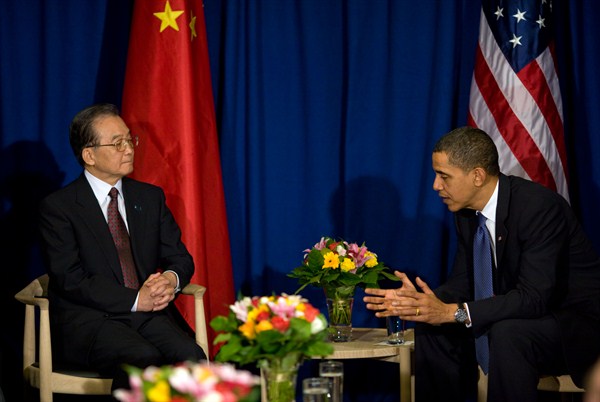In the 20 years since the end of the Cold War, discussions of Asia's future regional politics have primarily focused on the prospects for greater political integration. Particular attention has been paid to whether Asia will or should develop stronger regional multilateral institutions and, if so, what form they might take. The reasons for this focus are clear. For some time, countries throughout Asia have enjoyed both remarkable economic growth and substantial political evolution at the national level, and there has been equally impressive progress toward regional integration in the economic sphere. But progress towards regional political integration has lagged conspicuously.
The contrast between rapid regional economic integration and much-slower progress in the political sphere is stark, and at first glance surprising, given that Asia has in its midst such a good model of successful political integration based on multilateral institution-building -- the Association of Southeast Asian Nations. ASEAN is one of the most successful models of sub-regional political institution-building in the world, and it is perfectly natural for policymakers and analysts to see Asia's political future as hinging on questions of whether, and how, Asia will follow ASEAN's lead.
Institutions and Order

